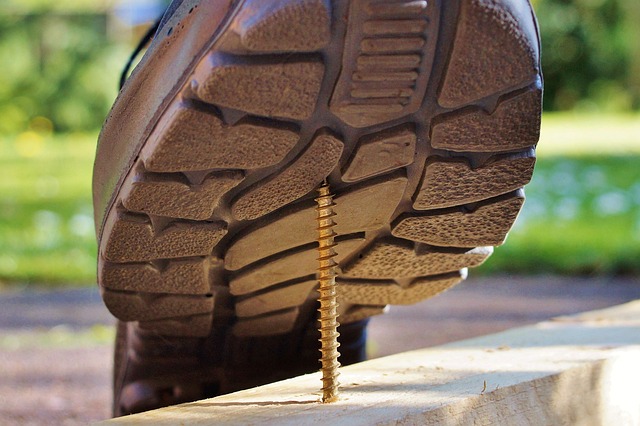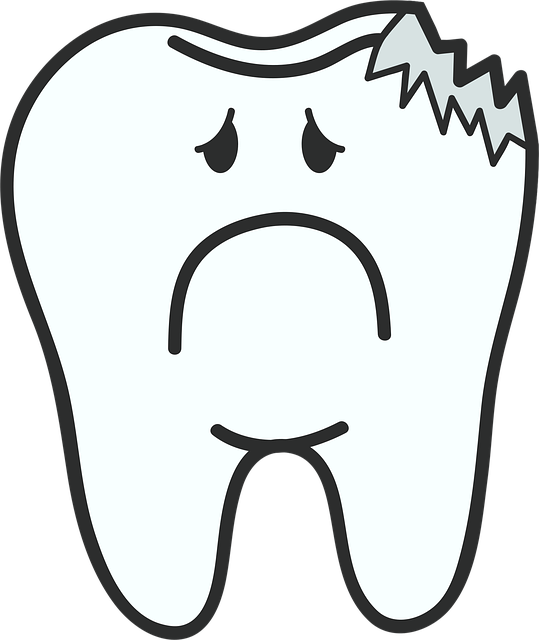After a Peoria injury accident, understanding Illinois personal injury laws and seeking timely legal advice is vital for protecting your rights and maximizing compensation. Gather evidence, identify at-fault parties, file claims, and consider hiring specialized attorneys with proven track records in Peoria injury cases to ensure the best possible outcome.
If you’ve suffered an injury due to someone else’s negligence in Peoria, understanding your legal rights is crucial. This comprehensive guide delves into the intricacies of personal injury claims in Peoria, providing a step-by-step roadmap for navigating the process successfully. From assessing liability and gathering evidence to choosing the right attorney, we offer practical insights designed to help you secure the compensation you deserve for your Peoria injury case.
- Understanding Your Legal Rights in Peoria Injury Cases
- Navigating Personal Injury Claims: A Step-by-Step Guide
- Choosing the Right Attorney for Your Peoria Injury Lawsuit
Understanding Your Legal Rights in Peoria Injury Cases

When you’ve been injured in a Peoria accident, it’s crucial to understand your legal rights. In Peoria injury cases, individuals often face complex issues regarding liability and compensation, which can be overwhelming if you’re not familiar with the process. Knowing what steps to take after an injury is essential for navigating the legal system effectively.
In Illinois, including Peoria, victims of accidents have specific rights under the law. These include the right to seek compensation for medical expenses, pain and suffering, lost wages, and other related damages. Understanding these rights empowers you to make informed decisions about your case. It’s important to remember that time is of the essence when it comes to filing a claim; seeking legal advice promptly can ensure you meet all necessary deadlines and maximize your potential recovery.
Navigating Personal Injury Claims: A Step-by-Step Guide

Navigating a personal injury claim can be overwhelming, but understanding the process is essential for those seeking justice in Peoria. The first step is to assess your injuries and gather evidence – this includes taking photos of any wounds, keeping records of medical treatment, and documenting any missed work or financial losses due to your injury. Next, identify the at-fault party and their insurance information; this could be a driver, property owner, or manufacturer.
Once prepared, file a claim with the appropriate insurance company or, if necessary, consult a lawyer who specializes in Peoria injury cases. They will guide you through the legal process, ensuring your rights are protected. This may involve negotiating a settlement or filing a lawsuit to seek compensation for medical bills, pain and suffering, and any other damages incurred due to the accident.
Choosing the Right Attorney for Your Peoria Injury Lawsuit

Choosing the right attorney is a critical step in navigating a Peoria injury lawsuit. Look for a lawyer with proven experience in personal injury law, ideally within your specific type of case (e.g., car accidents, slip and falls). Check their track record, client testimonials, and areas of expertise to ensure they have the skills and knowledge needed to advocate for your rights and secure the compensation you deserve.
Reputable attorneys will offer a free consultation, so take advantage of this opportunity to discuss your case, ask questions, and gauge their professionalism. Consider an attorney who communicates clearly, listens attentively, and demonstrates a genuine interest in understanding your unique circumstances. This level of personalized service can significantly impact the outcome of your Peoria injury lawsuit.
If you’ve suffered an injury in Peoria, understanding your legal rights and taking the right steps is crucial. By familiarizing yourself with personal injury claims and selecting a competent attorney, you can navigate this complex process effectively. Remember that seeking legal help is essential to ensure fair compensation for your Peoria injury case.
